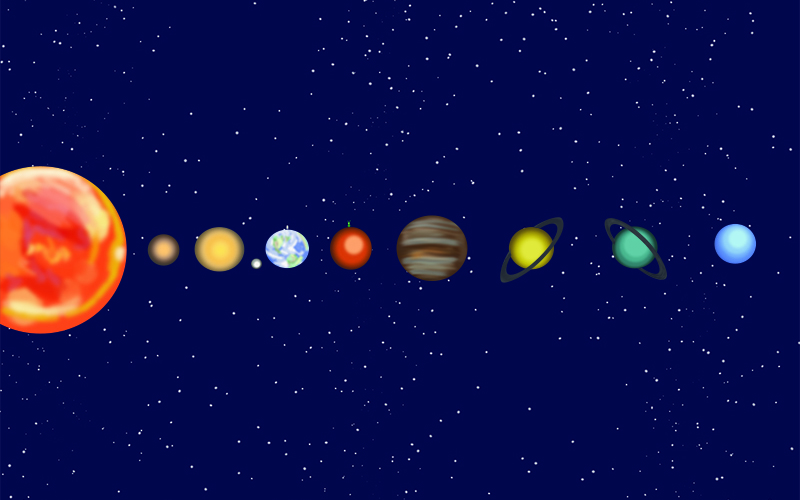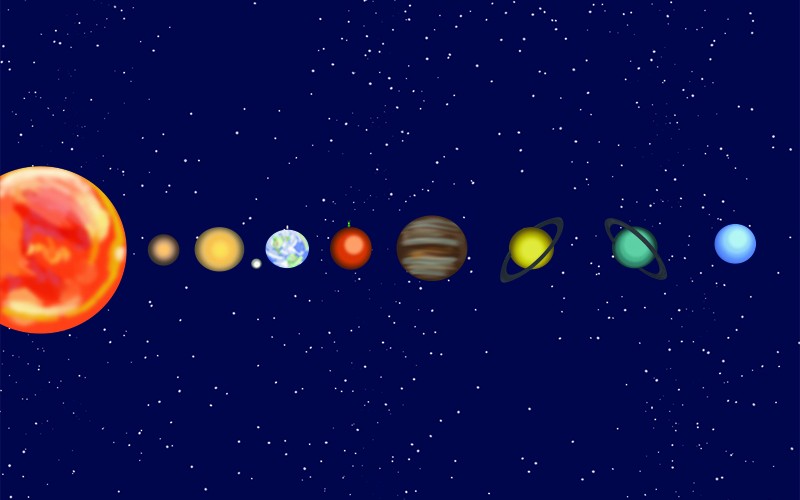Laurier: A Space Odyssey

Wilfrid Laurier University to introduce new course on space and planetary sciences in the spring

Wilfrid Laurier University’s department of physics and computer science will be delving a little deeper into astronomy with a new course, PC310B, on space and planetary science starting in the spring.
The course will be an addition to the two astronomy courses that currently exist at Laurier: AS101, an introductory course to the science of astronomy and AS102 which develops and expands upon the content covered in AS101.
PC310B will build on what is covered in AS101 and explore the solar system neighbourhood with more depth and detail.
“This is a course that can be taken by people in all faculties like math, chemistry, physics because it will be light on the side of mathematics,” explained Ioannis Haranas, an adjunct professor with the department of physics and computer science.
“It’s for everybody, basically, because the prerequisite is astronomy 101, which everybody takes.”
The inspiration for the course came from current students who had expressed a desire for more astronomy courses beyond the two existing ones, as well as prospective students with strong interests in astrophysics.
Haranas contacted Marek Wartak, chair of the department of physics and computer science, who was very supportive and in favour for the creation of a new course.
However, the issue came in creating a course that would not overlap with those offered at the University of Waterloo, which offers a degree in physics and astronomy.
“The only course we can actually put is something that has to do with planetary and space science,” said Haranas.
“First of all, because there’s nothing like this in the vicinity of universities that offer this kind of thing. They stick to theoretical physics, gravity, quantum gravity, that stuff.”
According to Haranas, the new course will cover basic physics, the structural evolution of each planet, small solar system bodies and the formation of the solar system. The highlight of the course will be space missions to the planets and their respective space crafts. Students will study the purpose of each space craft and their achievements thus far.
“This is the space era, this is the era of discoveries and all of these planetary missions they’ve sent, for example, recently to Pluto, the lander which went to the comet — they will have to know these things,” said Haranas.
“Even if I wasn’t a science major, I would be intrigued. I would like to know, otherwise I’d be left out scientifically in the era.”
Although the course is open to all faculties, students looking to register must have completed AS101 or have obtained permission from the department. So far the response has been positive, but Haranas said he would like to see more students.
“It would be imperative that the course now in May succeeds. Once it succeeds now, then it can be offered because people will know it.”
Although Haranas has expressed interest in teaching the course, the assigned professor will depend on the number of students enroled. Regardless, he is pleased the course has come to fruition.
“Teaching and doing astronomy and astrophysics is one thing … but lobbying and going through the marketing and all of that — that’s a different experience. And I must say I learned a lot.”
PC310B will be taught Tuesdays and Thursdays from 1:30 – 2:50 p.m. at the Waterloo campus. Students are encouraged to register before March 14.

